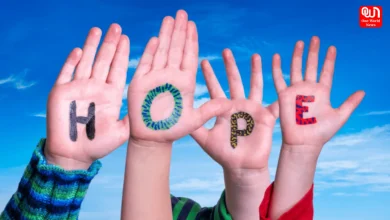Friends That We Choose

“You can choose your friends, but you sho’ can’t choose your family.” – To Kill a Mocking Bird
“People,” wrote CS Lewis, “who bore one another should meet seldom; people who interest one another, often.”
According to a study conducted in University of California, by James Fowler, a professor of medical genetics , University of California, San Diego, and Dr. Nicholas Christakis, a social scientist at Yale University concluded that the friends we choose are closer to us genetically than we think.
According to another study, Proceedings of the National Academy of Sciences found that friends are as genetically similar as fourth cousins.

Friendship blossoms when two of the same habits meet
“It’s as if they shared a great- great- great-grandparent in common,” Fowler said.
The researchers at University of California, San Diego, came to this finding after they compared a genome-wide data, from around 2,000 individuals and their reactions and relations from others, i.e. platonic, unrelated friends, close friends, acquaintances and strangers.
If we try to mark the patterns through which an individual selects their friends, they generally tend to select people who share similar interests, activities, habits, characters and sometimes physical aspects.
But there is also one thing that really needs to be kept in mind. As kids, we generally want to be with the kid who seems to be the coolest. This happens because of the inferiority complex, at times, but mostly because we aspire to achieve something which the other person has. It is a positive competition, where we want to get the characteristics and traits of the friend, and at the same time, get some of the attention from the others. This helps a lot, when it comes to character development.

Friendship can also help one grow, both pysically and mentally
Friendships blossom for many reasons, and it varies from, person to person and with different situations and circumstances. Friendships are not based on gender, neither on the reproductive or genetic interests. It might sound a bit selfish, but according to Richard Dawkins, our genes ARE selfish, hence we always tend to get something good for our development as a whole entity.
So when it comes to friendship, it can be anything, from materialistic gain, mental growth and stimuli or just plain fun and companionship.
Picture Credits : Anurag Vats, OneWorldNews
Home Page Picture Source






